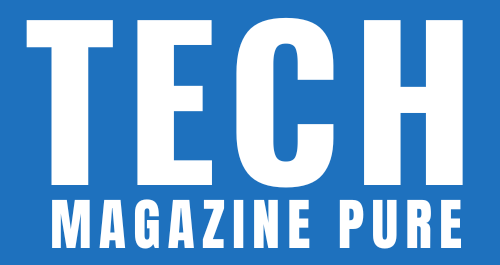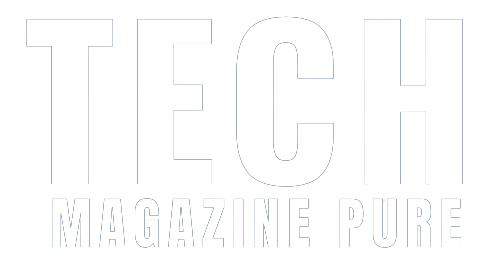The Internet of Things (IoT) has revolutionized the way businesses operate in recent years, bringing about a new era of connectivity and innovation. With the ability to connect various devices and objects to the internet, the IoT has become a game-changer for businesses across industries. This interconnected network of devices enables seamless communication, data sharing, and automation, resulting in increased efficiency, productivity, and cost savings. As businesses embrace this technology, they are reaping the benefits of improved decision-making, enhanced customer experiences, and the creation of new revenue streams. The IoT is undeniably transforming the Impact on Business landscape, and its impact is only expected to grow further in the coming years.
The Internet of Things (IoT) has emerged as a game-changer in the world of connectivity, revolutionizing the way businesses operate. The concept refers to the interconnection of various devices and objects through the internet, allowing them to collect and exchange data in real-time. This connectivity has opened up a plethora of opportunities for businesses to streamline operations, enhance efficiency, and drive innovation.
One of the most significant impacts of IoT on businesses is the ability to gather and analyze vast amounts of data. With IoT devices embedded in various aspects of operations, businesses can collect real-time data on everything from production processes to customer behavior. This data can provide valuable insights into operational inefficiencies, identify areas for improvement, and help businesses make informed decisions. For example, a manufacturing company can use IoT sensors to monitor the performance of its machinery, enabling predictive maintenance and reducing downtime.
Furthermore, IoT enables businesses to enhance customer experience and engagement. Connected devices can provide personalized and contextual services to customers, creating a seamless and tailored experience. For instance, smart home devices can learn user preferences and adjust settings accordingly, while wearable fitness trackers can provide real-time feedback and personalized workout recommendations. By leveraging IoT, Impact on Business can build stronger customer relationships and increase loyalty.
IoT also presents opportunities for businesses to optimize supply chain management. With real-time tracking and monitoring capabilities, companies can have full visibility into their supply chain, from raw material procurement to final product delivery. This enables efficient inventory management, reduces waste, and improves overall operational efficiency. For example, a logistics company can use IoT sensors to track shipments, ensuring timely deliveries and minimizing the risk of loss or damage.
Additionally, IoT can revolutionize the concept of smart cities, creating new business opportunities. By connecting various infrastructure elements such as transportation systems, energy grids, and public services, cities can become more sustainable, efficient, and livable. For businesses, this opens up avenues for developing innovative solutions and services that cater to the needs of smart cities. For instance, companies can develop IoT-powered energy management systems or smart parking solutions to optimize resource utilization.
However, as with any technological advancement, IoT also poses challenges and risks that Impact on Business need to address. Security and privacy concerns are major issues, as the interconnectedness of devices creates vulnerabilities that hackers can exploit. Businesses must invest in robust cybersecurity measures to protect sensitive data and ensure the integrity of their IoT systems. Additionally, the sheer volume of data generated by IoT devices requires businesses to develop robust data management and analytics capabilities to extract meaningful insights effectively.
The Internet of Things has emerged as a game-changer in connectivity, offering businesses unprecedented opportunities to transform operations, enhance customer experience, and drive innovation. By leveraging IoT, businesses can gather vast amounts of real-time data, optimize supply chain management, and develop innovative solutions for smart cities. However, businesses must also address security and privacy concerns to fully capitalize on the potential of IoT. As IoT continues to evolve, its impact on businesses is only set to grow, making it crucial for organizations to embrace this transformative technology.


